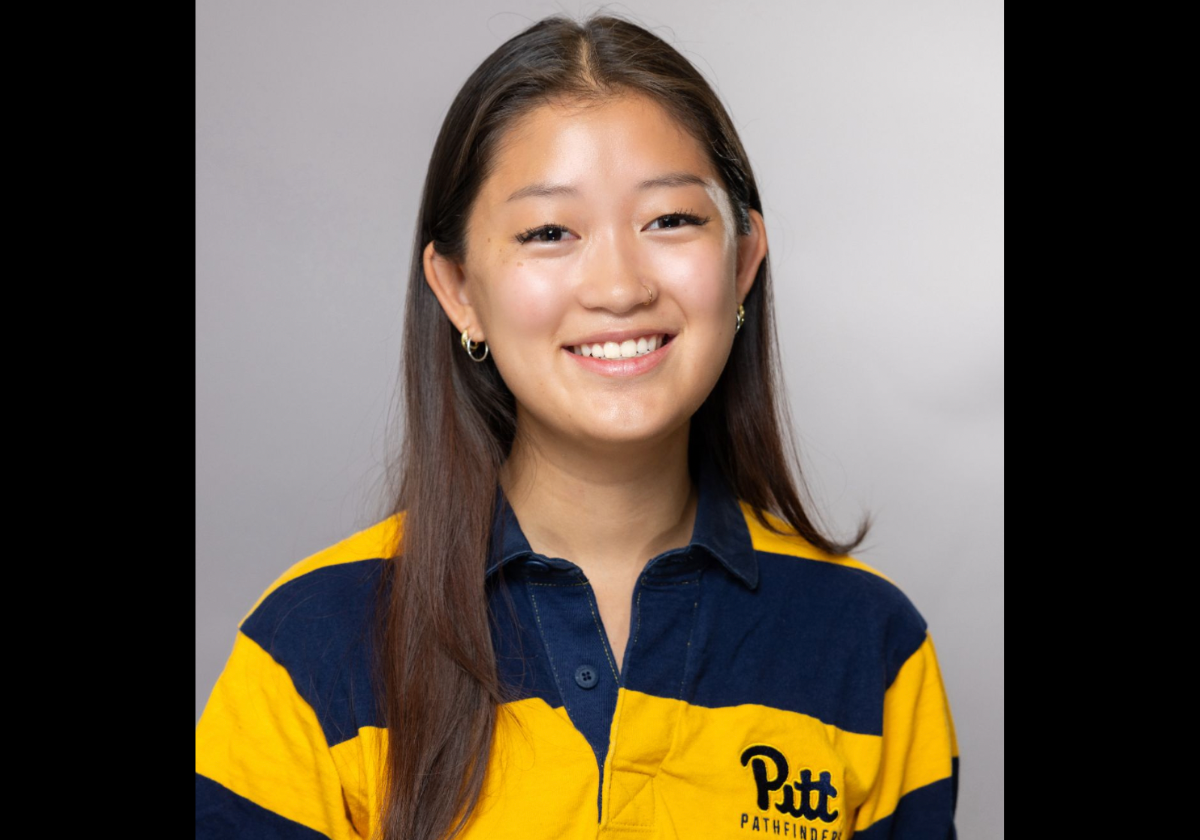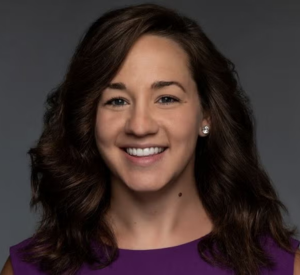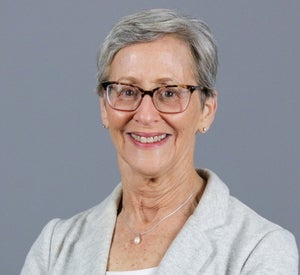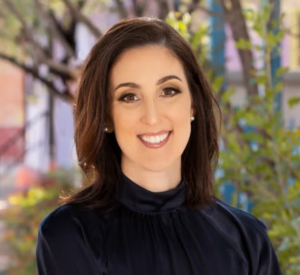Many undergraduate students enroll in upper-division programs at SHRS as preparation for graduate studies in the health sciences. There is no one-size-fits-all degree to check off all the prerequisites or to make you the most qualified. In fact, the diversity and breadth of programs at SHRS can cater to your unique interests, help you stand out among other applicants and make you an even more well-rounded health care professional!
Physician Assistant (PA) school is one of the most popular graduate programs for students to prepare themselves for while attending Pitt. As an undergraduate, Clara Kim (CSBA ‘25) was researching the best path to follow to PA school and discovered the upper-division Communication Science (CSBA) program thanks to the help of SHRS Academic Advisor David Bodnar and an information session with Program Director Ali Lewandowski.
Now getting ready to graduate this spring, she offers her insight into this special program and why it’s been her best preparation for the next step of her academic career!
Discovering the Communication Science Program
Tell us how you learned about the Communication Science degree and what made you want to apply to the program. Did you consider other majors or upper-division programs?
The SHRS department name Communication Science and Disorders (CSD) initially caught my attention due to my passion for healthy communication. Since the age of 15, I had worked at a retirement and nursing home. This was where I was introduced to the world of geriatric health which includes hearing deficiencies, swallowing disorders and neurological disorders that affect communication.
With this experience, the CSBA program piqued my interest as it’s a program that’s designed to explore these topics further. Although the program isn’t “traditional” to the pre-PA route—in fact it’s a program designed to further educate future speech language pathologists and audiologists—I knew that there would be great reward in pursuing a degree of passion. Some of the other SHRS programs that I considered were more “traditional” to my pre-PA track, such as Rehabilitation Science, Nutrition and Emergency Medicine.

Communication Science on the Path to PA School
Communication Science is not the typical major selected by those pursuing PA school. What do you feel are some of the advantages of choosing a more unique major and how specifically do you feel the knowledge acquired in the communication science major will benefit you as a future PA?
I believe that one of the most important aspects to being a physician assistant is the ability to work well as a member of an interdisciplinary team. As a clinician, there will always be times where referrals will be made, or questions will be asked, to provide the best quality care. Thus, my participation in the CSBA program has allowed me to build a more diverse breadth of knowledge that focuses on communication health.
Now that I have a strong understanding of what a speech-language pathologist and audiologist do, I look forward to appreciating and working in a team-based setting in the future. I now have a stronger dedication for geriatric and communication health and am specifically looking forward to exploring the world of ear, nose and throat (ENT) as a practicing physician assistant. Even if I do not work in an ENT setting, I will have a stronger basis of healthy communication, which is always important in a health care setting.
A more unique major will develop your individual interests into strengths, so I encourage any student to pursue what they find most interesting, even if it’s not a “traditional” path to the career they are pursuing.

Key Courses to Prepare for PA School
What kind of courses are you taking that have been really interesting and helpful to prepare for PA school?
I’ve always had an interest in anatomy and physiology-based courses. Thus, both Anatomy and Physiology of Speech and Anatomy and Physiology of Hearing have been very applicable for me. It was fascinating to delve deeper into the bodily functions that help regulate speech and hearing, two processes that some may take for granted.
I additionally appreciate SHRS’ integration of non-science courses that focus on ethics and applicable skills. They are offered in each program to prepare students to become better, well-rounded clinicians. One such course that better prepared me to enter health care was Introduction to Professional and Clinical Issues in Communication Science and Disorders. Learning about issues that affect the delivery of service to patients was very eye-opening. It inspired me to do my best to be an advocative and resourceful future physician assistant.

Supportive Faculty
Have any faculty been supporting you with your goals?
All my faculty have been super supportive. Specifically, I have had the chance to grow a close relationship with Dr. Mormer and Dr. Fabiano. Dr. Mormer was my professor for Introduction to Audiology. We bonded during her office hours, and she’s supported me through all my endeavors since!
Although Dr. Fabiano never specifically taught me within the undergraduate curriculum, we bonded over similar passions and she has since been serving as the faculty advisor for an organization I started on campus called Pre-Health Students Promoting Diversity Equity and Inclusion.
The beauty of Communication Science—and every program in SHRS—is that they are comprised of a smaller community. This means that there is an easier opportunity to create lasting relationships with professors.
Additionally, since most of the Communication Science faculty are also practicing clinicians, it’s been fascinating to connect with them about how interdisciplinary health care settings can be.
For example, Professor Lewandowski has experience at the Voice Clinic at UPMC Mercy as a practicing speech-language pathologist. After connecting with her about my professional goals, she relayed to me that she works with physician assistants on a regular basis. She suggested that I sign up for a shadowing experience, and I had the wonderful privilege to shadow two separate physician assistants that work in the Voice Clinic. This allowed me to observe interactions between physician assistants and speech-language pathologists in real-time. The collaboration between the two professions was very intriguing to me and really locked-in my passion for communication health.
I thank my faculty so much for their guidance, and keep in mind, there’s never any harm in asking questions or simply reaching out!




